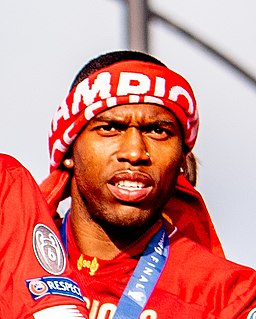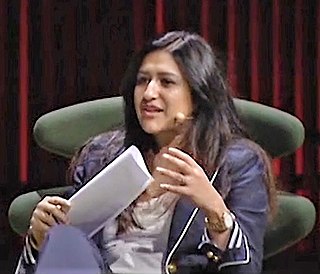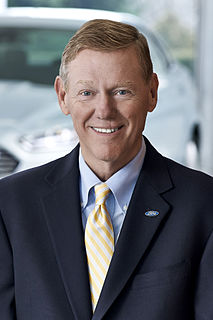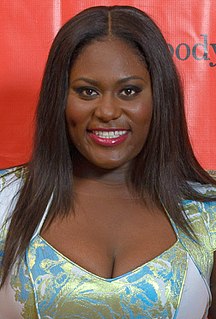A Quote by Rithvik Dhanjani
I don't follow brands religiously, but there are certain brands I feel comfortable wearing, like H&M and Zara.
Related Quotes
There was a shop in Birmingham called Autographs, where I'm from in Birmingham. My uncles and dad used to shop there. They played professionally, too. When I started, I went to Autograph, and they had brands like Rick Owens. There are loads of brands, like my go-to brands that I will go to if I want to buy jeans, like DSquared or Balmain.
Most brands that are called luxury brands today are not true luxury brands. The globalization of fashion and luxury means you now find the same luxury brands in every city. The stores look the same, the products are the same. It is still a very good quality product but it is now readily available to everyone. It's a kind of mass luxury.




































